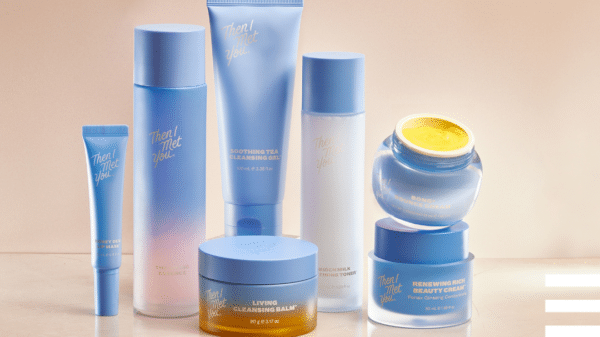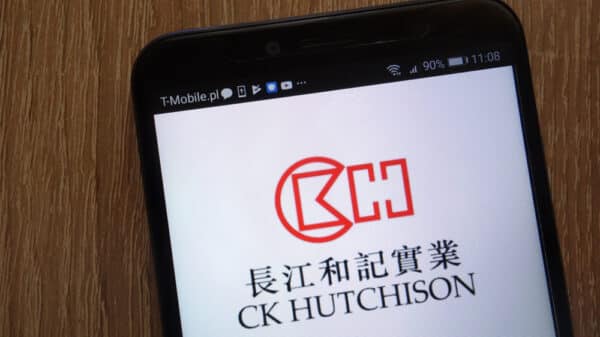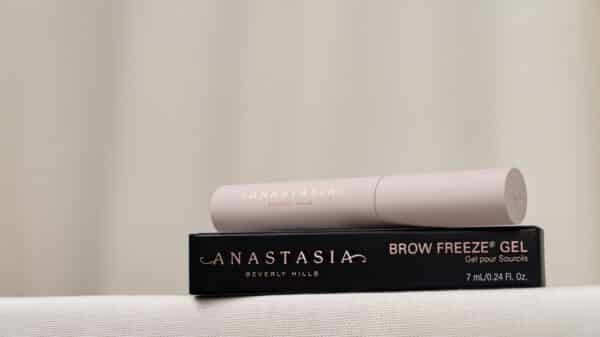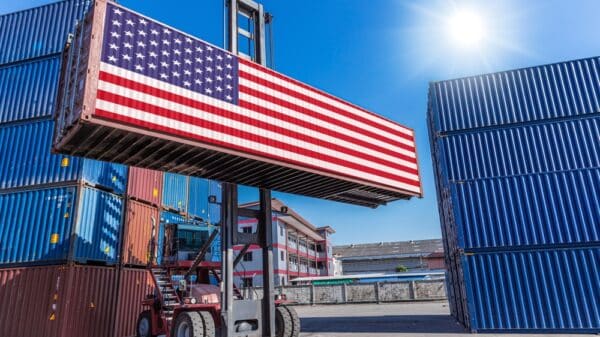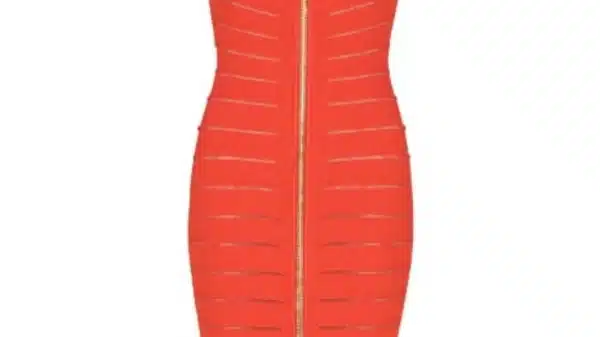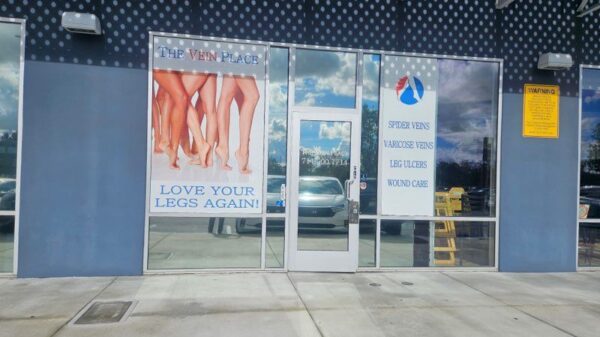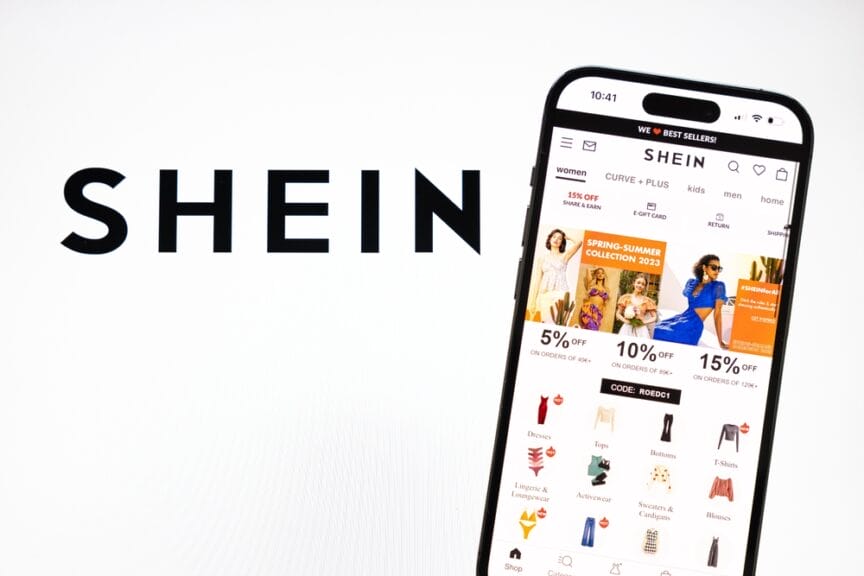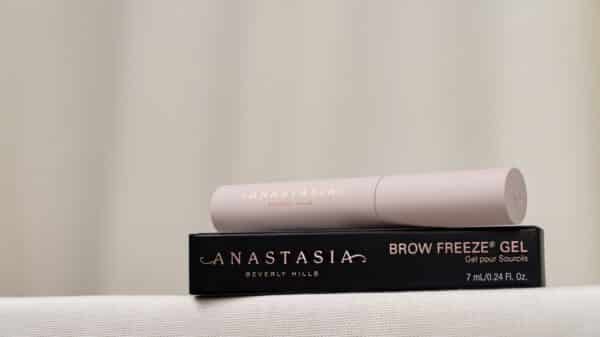Fast-fashion retailer Shein made headlines recently when it announced plans to ramp up product testing in 2025 following warnings from the European Union (EU) about unsafe items on its platform. If you’re not familiar with Shein, it’s a global player in the fast-fashion industry, known for its trendy clothing at unbeatable prices. But with such rapid production and a vast array of products, concerns have arisen regarding the safety and quality of what it sells.
The EU expressed serious concerns about potentially hazardous products sold through Shein’s marketplace, which features not only clothing but also toys, gadgets, and homeware sourced predominantly from factories in China. Shein now finds itself under pressure to improve compliance with safety standards to avoid hefty fines. This isn’t just a minor regulatory issue; it affects millions of consumers who trust the brand to deliver safe and reliable products.
In response to these concerns, Shein has committed to increasing its rigorous safety and quality tests from 2 million last year to an ambitious target of 2.5 million this year. To support these efforts, the company is also investing a whopping $15 million on compliance initiatives. This investment isn’t just about avoiding fines—it’s about restoring consumer confidence. After all, shoppers deserve to know that the products they purchase are safe for their families.
Since launching its marketplace, Shein has taken steps to maintain quality by cutting ties with over 540 sellers due to various compliance breaches. This move showcases a commitment to improving accountability within its vast marketplace, which has been key to its rapid growth and popularity.
However, navigating the complex landscape of compliance with varying international laws is no small feat. Shein was recently given a month by the EU’s Consumer Protection Cooperation (CPC) network to address their concerns. This ultimatum highlights the pressure the company faces as it seeks to balance rapid growth with the need for quality assurance.
Consumers are increasingly aware of where their products come from and how they are made. The fast-fashion industry is scrutinized for its impact on the environment and labor practices, and shoppers want to feel good about their purchases. As Shein continues to grow, its ability to tackle these safety concerns will be crucial not just for regulatory compliance but also for preserving its brand reputation and connecting with its audience.
If you’re someone who loves fashion but also cares about safe products, it’s worth keeping an eye on how Shein responds to these challenges. The company’s proactive approach could set a new standard in the industry, showing that fast fashion doesn’t have to compromise on safety and quality.
Image Source: Kaspars Grinvalds / Shutterstock



